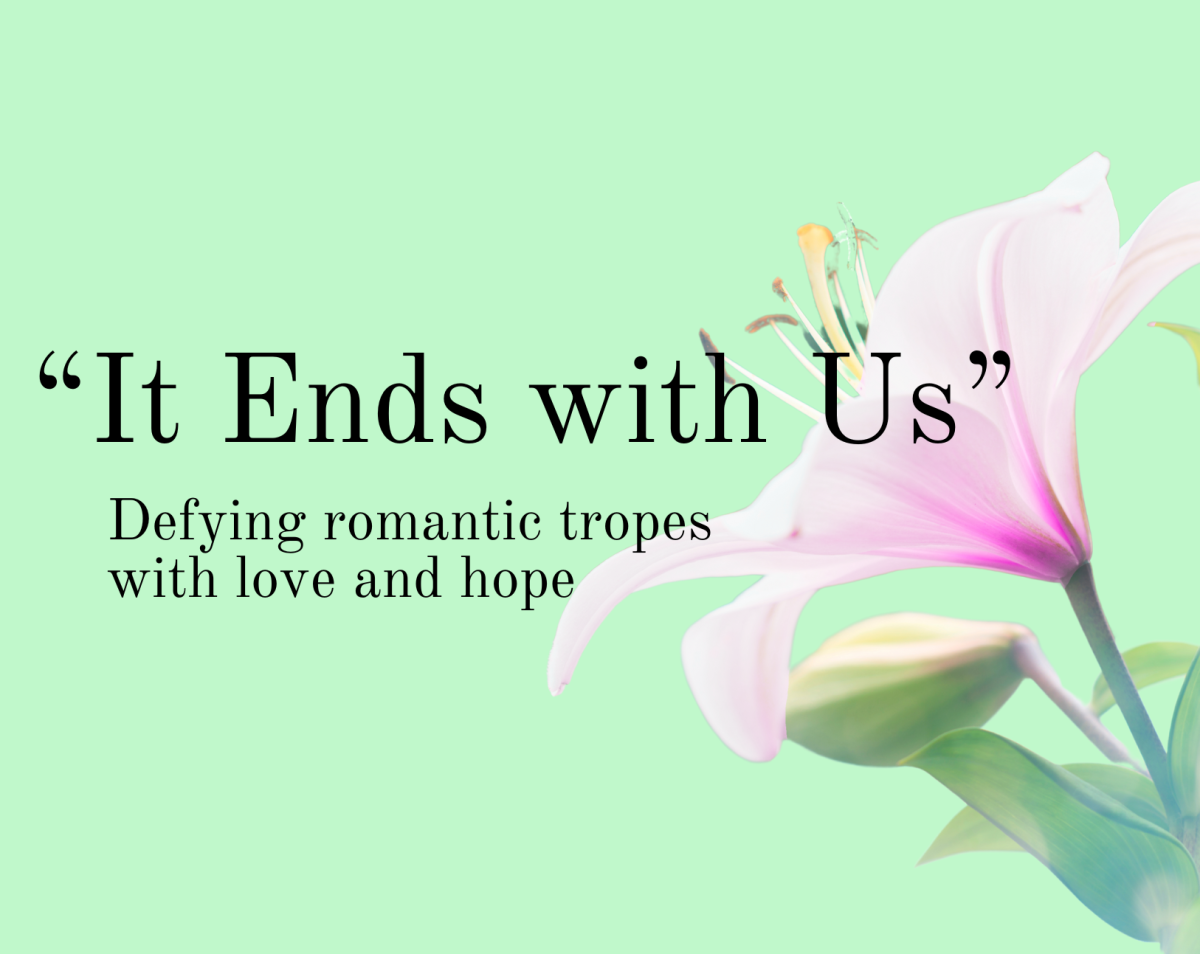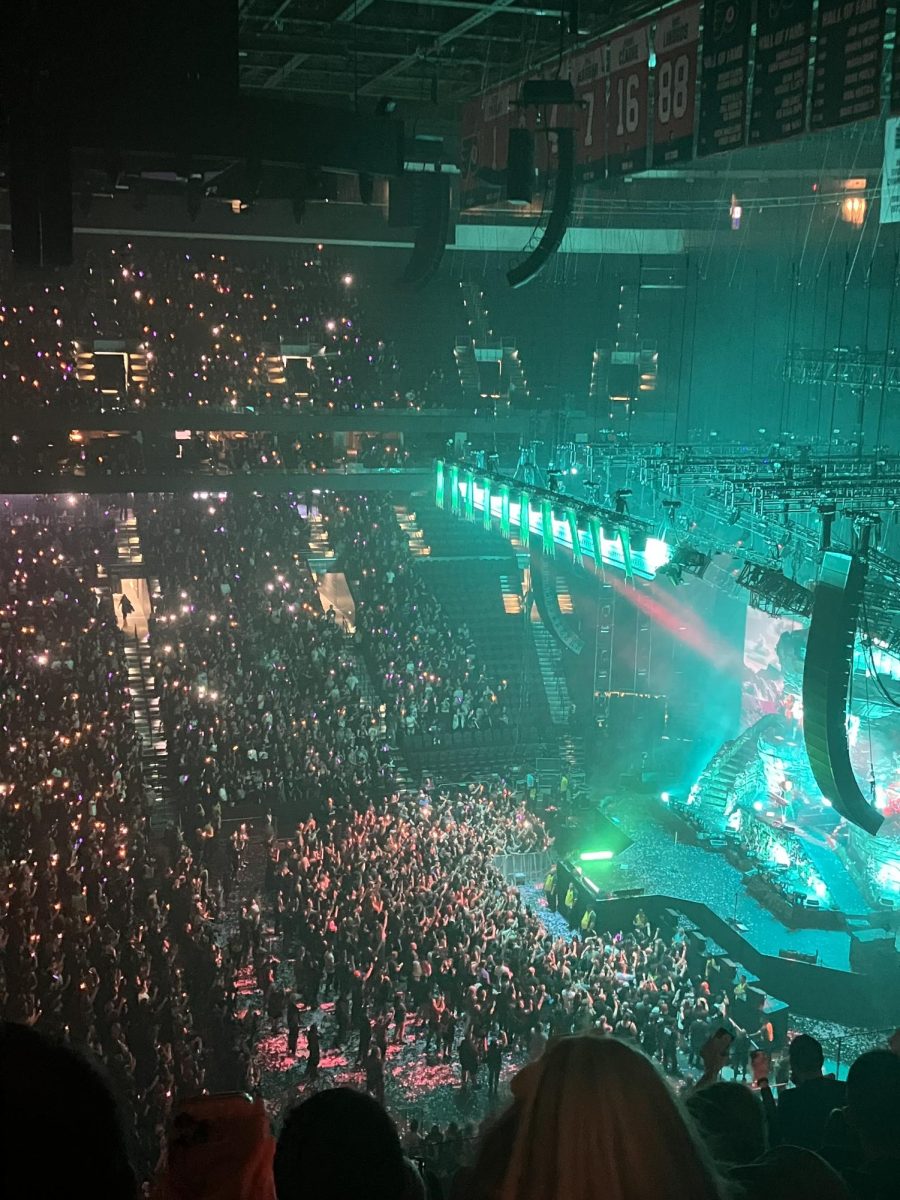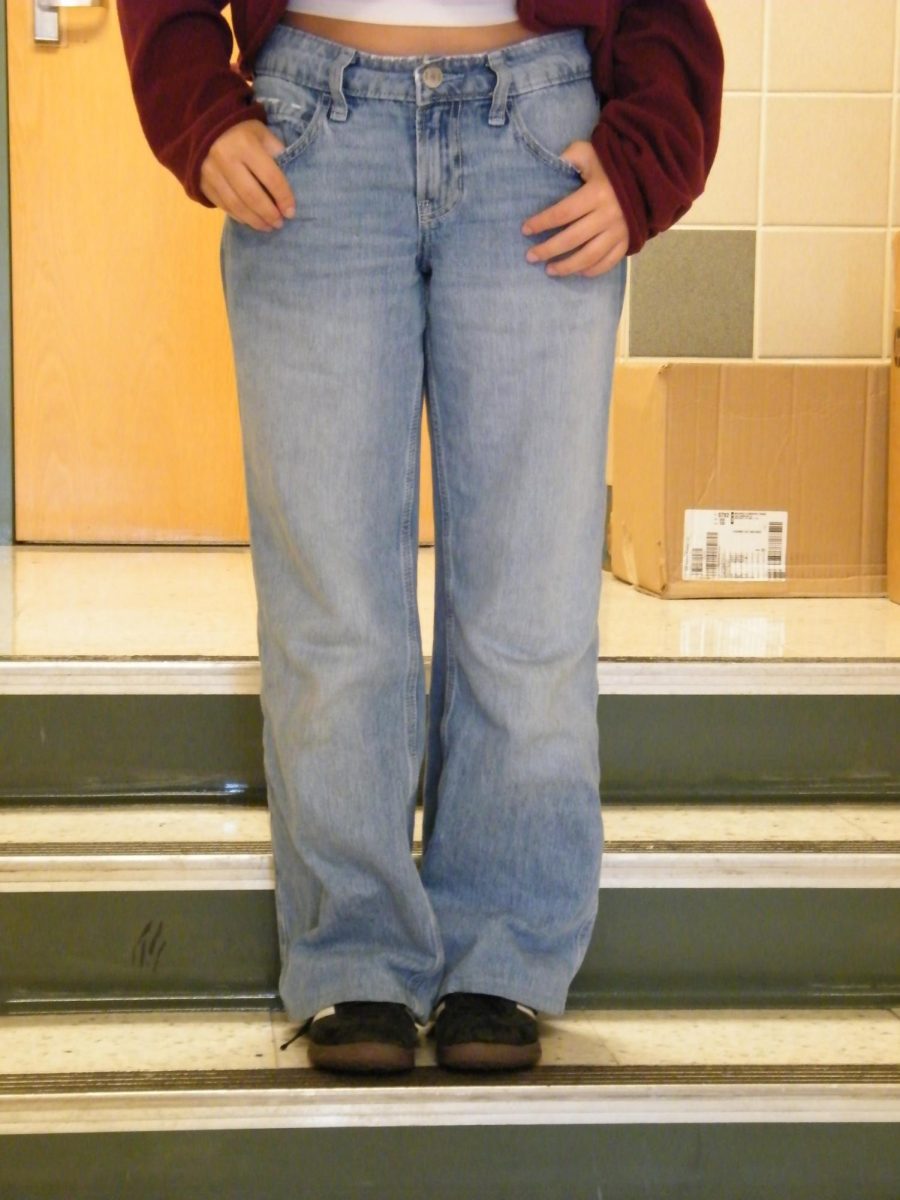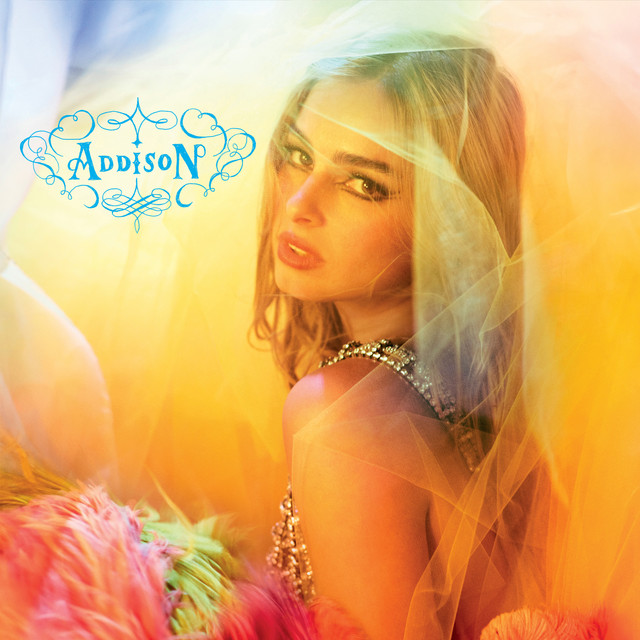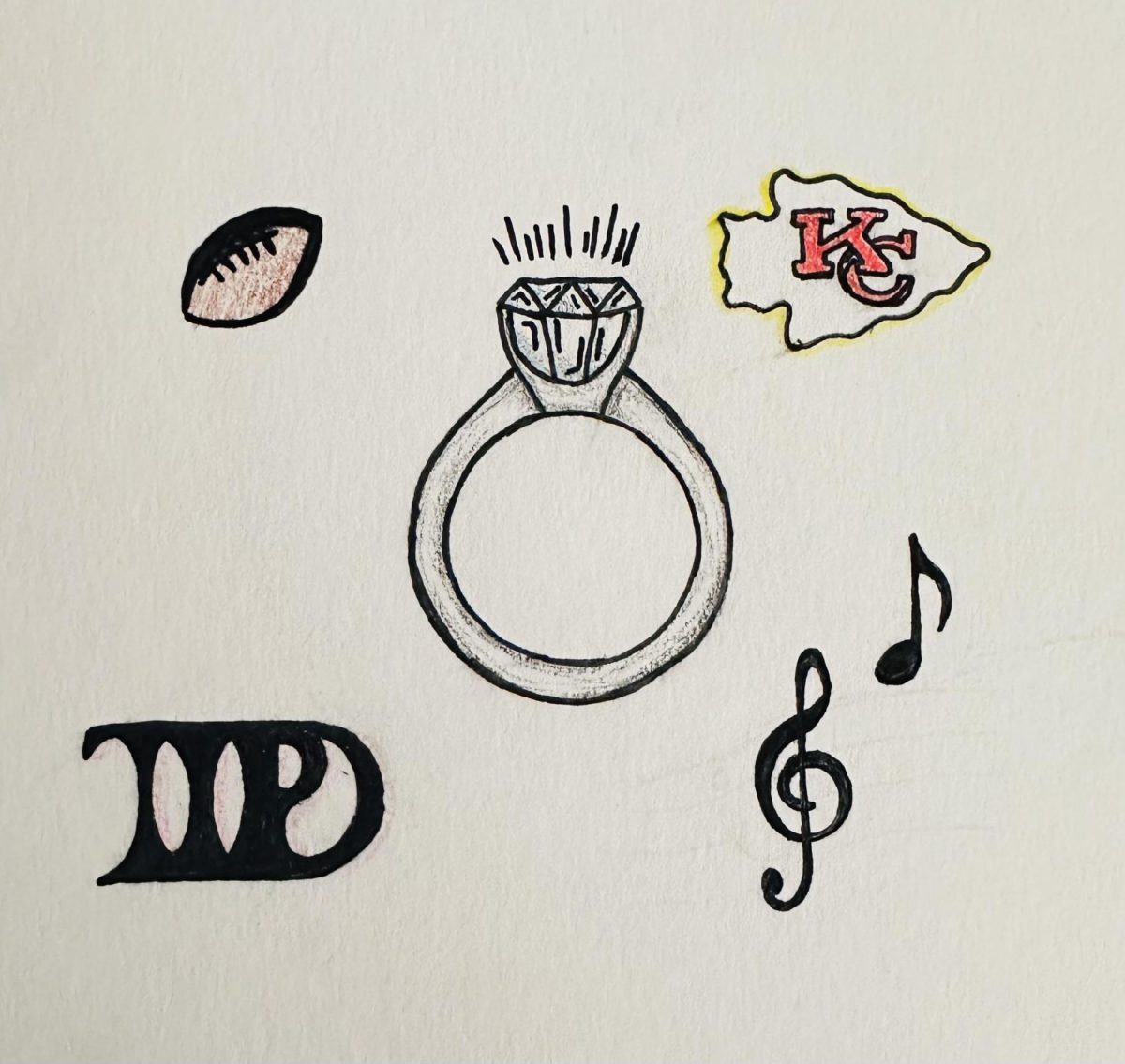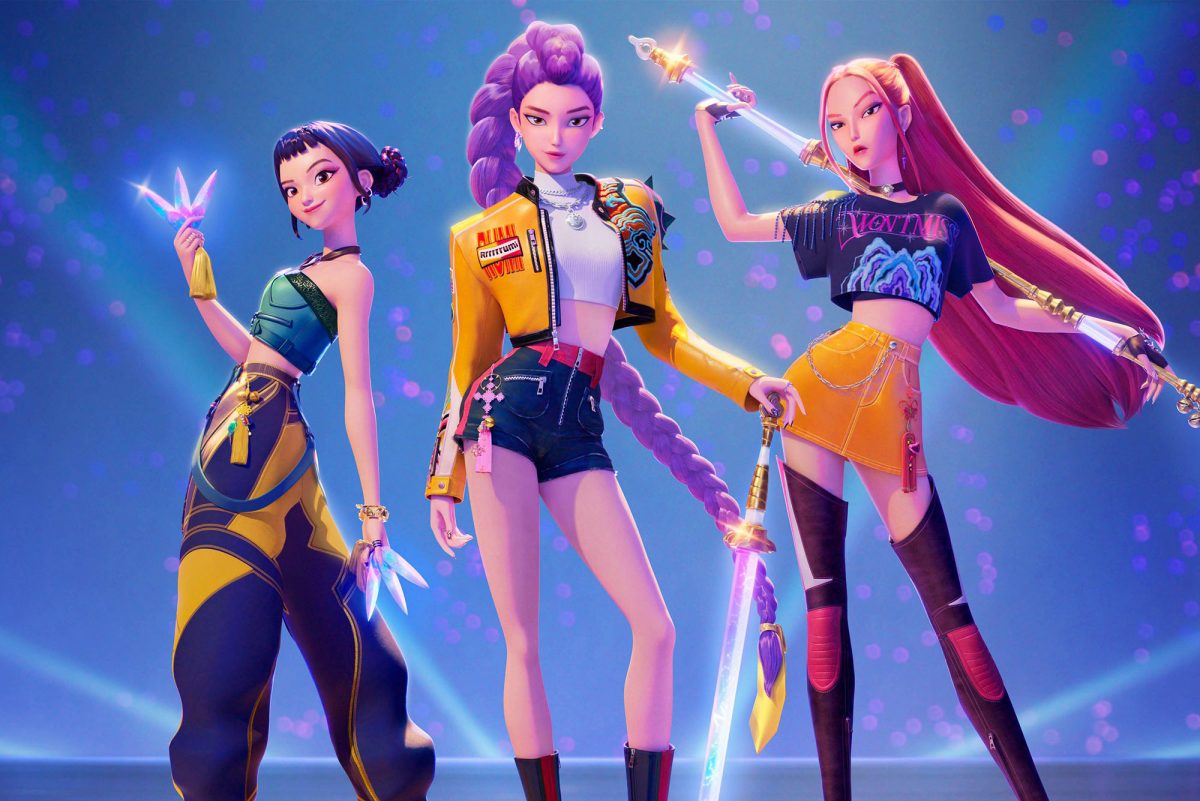The popular romance movie of the summer, “It Ends with Us” asks the question: what happens when love isn’t just about butterflies and wholesome feelings, but also scars, hurt, and hard choices? Based on Colleen HOover’s acclaimed novel, this movie is not your average love story. It challenges the idea that love is sufficient and peeks through the reality of painful relationships. For high schoolers who have seen their share of Hallmark movies and cheesy rom-coms, this movie is anything but, as it showcases that sometimes love doesn’t prevail among a history of hurt.
The story follows Lily Bloom, a young, ambitious woman who meets Ryle Kincaid, a charming neurosurgeon. Their chemistry is a whirlwind romance reminiscent of a fairytale. The movie starts off like many other romance movies, almost lulling you into a state of comfort and predictability, but without reading the book and watching it as I did, I could not have predicted this story in the slightest. As their relationship develops, the film pulls back the curtain of comfort to reveal layers of emotional trauma that the main character faces. Lily’s difficult upbringing, characterized by her witnessing her mother endure an abusive marriage, has scarred her and heavily weighs on her decisions throughout the movie. What started as a typical lust of romance quickly becomes unsettling parallels between her current situation and her parents’ marriage. This leaves Lily with the fear of becoming trapped in the same cycle of abuse from which she vowed to escape.
What made this movie captivating was its realism. “It Ends with Us” is nothing like any romance movie I have seen before, as it truly highlights difficult choices that people – all too commonly women – have to face in their relationship when love and pain are intertwined. Lily’s journey is not just about finding love, but also about understanding herself and breaking the cycle of abuse that has shadowed her past. Lily’s character is complex in this respect as she struggles between holding on to what feels safe and familiar versus choosing a path that leads to growth, even when it entails hardship. Lily is strong yet vulnerable, courageous yet flawed, and her decisions are reflective of a real person in an abusive, painful relationship. Both Blake Lively and Justin Baldoni, portraying Lily Bloom and Ryle Kincaid, perfectly encapsulate this dark, painful story of love.
While I thought the movie wonderfully portrayed important themes of yearning, lust and pain, there are many who criticize the movie’s lack of seriousness at certain times. Fans have spoken against the movie adaptation for being too lighthearted to effectively convey the themes of the story often pointing to Lily Bloom’s over-the-top floral wardrobe, and the omission of certain darker scenes that appeared in the book. Fans also disapproved of the marketing strategy that author Colleen Hoover and star Blake Lively chose to take, describing “It Ends with Us” as the “movie of the summer” and that you should “grab your friends, wear your florals, and head out to see it.” Many ultimately felt that this marketing strategy did not align with themes of domestic violence and hardship in love.
In the end, I believe that this movie sparks a true and necessary conversation about love and relationships. It reminds many that love is not pure romanticism, and that deep feelings and trauma are involved in many relationships. This message resonates with many, and I believe that it is a good watch for anyone ready to experience a romance movie that doesn’t shy away from darker themes.
Rating: 4.5/5


